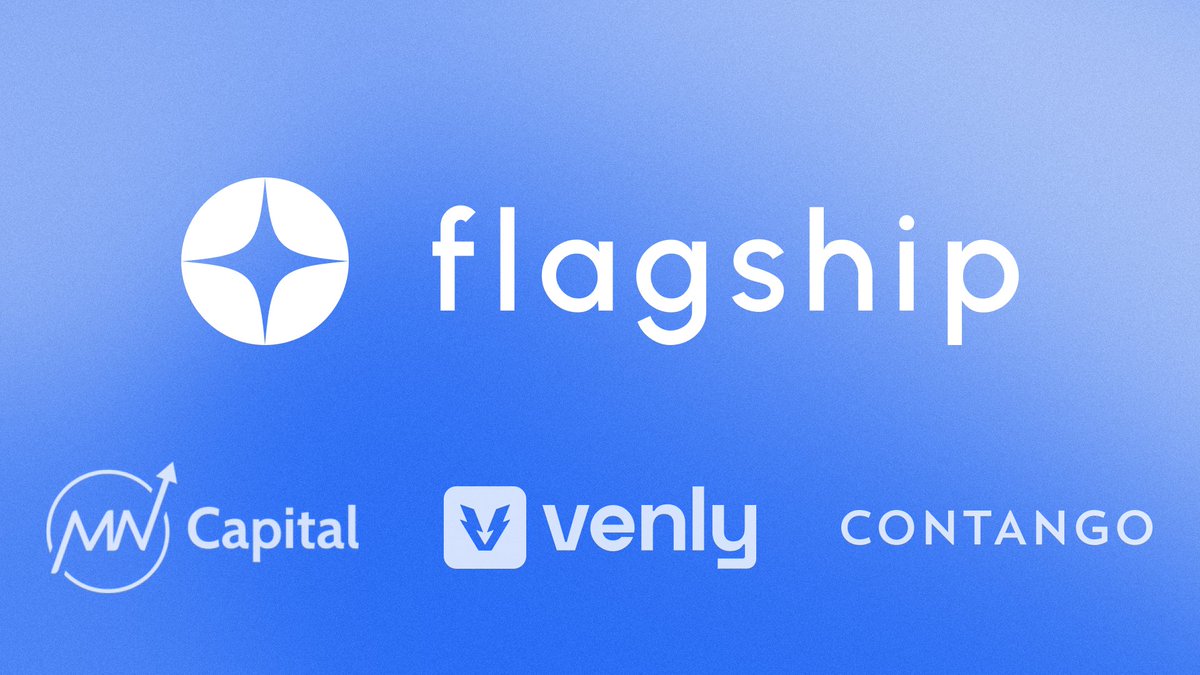The Ascendant Tide: Navigating the Confluence of AI, Biology, and Technology in 2024
Introduction: A New Era of Technological Synergy
The year 2024 is witnessing a remarkable convergence of artificial intelligence (AI), biology, and advanced information systems. This intersection is not just a technological evolution but a revolution that is redefining industries, reshaping economies, and challenging our understanding of what is possible. From predictive analytics that foresee financial crimes before they occur to generative AI that collaborates with human creativity, the landscape is transforming at an unprecedented pace. This report explores the key trends, ethical considerations, and future implications of this ascendant tide of technological convergence.
Predictive Analytics: The Future of Fraud Prevention
The Shift from Reactive to Proactive
Financial institutions have long relied on reactive measures to combat money laundering and fraud. However, AI-driven predictive analytics is changing the game. By analyzing vast datasets and identifying subtle patterns, these systems can forecast potential risks, enabling proactive intervention. This shift is akin to a sophisticated weather forecasting system for the financial world, predicting storms of illicit activity before they gather force [1].
Real-Time Insights and Global Impact
The implications of predictive analytics extend beyond individual institutions. By preventing the flow of funds to criminal enterprises and terrorist organizations, this technology contributes to a more secure and stable financial ecosystem. The ability to generate actionable insights in real-time gives law enforcement and regulatory agencies a powerful new tool to combat financial crime effectively.
The Convergence Revolution: Biology, Information Systems, and Generative AI
Personalized Medicine and Beyond
The convergence of biology and information systems is opening new frontiers in healthcare. Personalized medicine, tailored to an individual’s unique genetic makeup, is becoming a reality. AI-designed drugs that target specific disease pathways and bio-integrated sensors that monitor vital signs in real-time are just the beginning. This convergence also extends to synthetic biology, where biological systems are engineered for specific purposes, and neurotechnology, which aims to interface directly with the human brain [2, 4, 8, 10].
Generative AI: A Catalyst for Scientific Discovery
Generative AI is amplifying this convergence by enabling the design of novel proteins, predicting the effects of genetic mutations, and even creating entirely new life forms. While ethical considerations are paramount, the potential benefits are undeniable. Generative AI can accelerate scientific discovery, revolutionize drug development, and create new solutions to global challenges such as climate change and food security.
Generative AI: From Imitation to Innovation
Transforming Industries
Generative AI is no longer just a novelty; it is rapidly evolving into a powerful tool for innovation across various industries. From creating realistic images and videos to composing music and writing code, generative AI is capable of generating novel content with unprecedented speed and efficiency. This technology is already transforming fields such as marketing, design, and entertainment, enabling personalized advertising campaigns, architectural designs, and film scores composed by algorithms.
Ethical Considerations and the Future of Work
The rise of generative AI raises important questions about intellectual property, authorship, and the future of work. As AI becomes increasingly capable of creating original content, it is crucial to establish clear guidelines and regulations to ensure that these technologies are used responsibly and ethically. The challenge lies in harnessing the immense potential of generative AI while mitigating its potential risks and ensuring that its benefits are shared equitably.
Ethical Considerations and the Path Forward
Privacy, Security, and Humanity
As technology continues to advance at an exponential pace, it is crucial to address the ethical implications of these developments proactively. The convergence of AI, biology, and information systems raises profound questions about privacy, security, and the very definition of what it means to be human. We must establish clear ethical frameworks and regulatory guidelines to ensure that these technologies are used responsibly and for the benefit of humanity.
Collaboration and Education
Addressing these challenges requires collaboration between researchers, policymakers, and the public. We need to foster open and transparent dialogue about the potential risks and benefits of emerging technologies. Moreover, we must invest in education and training to ensure that the workforce is prepared for the changing demands of the digital economy. As AI automates routine tasks, it is crucial to equip individuals with the skills and knowledge they need to thrive in a future where creativity, critical thinking, and collaboration are highly valued.
A Future Forged in Convergence
The year 2024 is shaping up to be a pivotal year in the history of technology. The convergence of AI, biology, and information systems is creating unprecedented opportunities for innovation and progress. However, it also presents significant challenges that we must address proactively. By embracing a responsible and ethical approach to technological development, we can harness the power of these technologies to create a better future for all. The ascendant tide of technological convergence is upon us; it is up to us to navigate its currents wisely.





